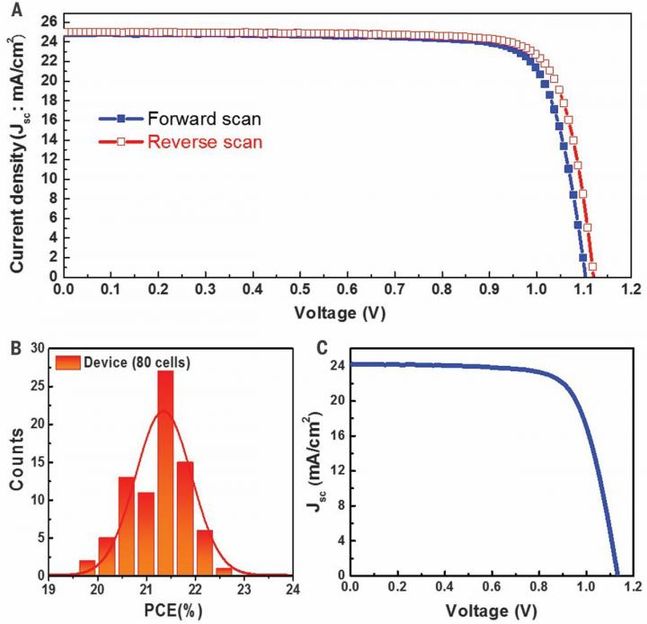Abgenix And Sangstat Receive Orphan Drug Designation For Abx-Cbl For Treatment Of Acute Graft Versus Host Disease
Advertisement
Abgenix, Inc. (Nasdaq: ABGX), and SangStat (Nasdaq: SANG) reported today that ABX-CBL has been granted orphan drug designation for the treatment of acute graft-versus-host disease by the U.S. food and Drug Administration (FDA). ABX-CBL, an antibody developed by Abgenix, is a murine anti-CD147 monoclonal antibody for the treatment of steroid-resistant graft versus host disease (GVHD), and is currently in a multi-center, randomized and controlled Phase II/III study. Approximately 25% of patients that undergo an allogeneic bone marrow transplant develop steroid resistant GVHD, for which there is currently no standard approved therapy available.
Orphan drug designation is granted to applicants when the prevalence of the disease occurs in less than 200,000 patients in the United States. The advantages of this designation include: exemption from the user fee; seven-year marketing exclusivity to the sponsor who obtains marketing approval for the designated orphan drug product, beginning on the date that a marketing application is approved by the FDA; tax credits for development costs; and eligibility for research grants to conduct clinical trials. These advantages are intended to encourage sponsors to develop drugs for patients with rare diseases.
"This is a very positive development in the ABX-CBL program, particularly on the eve of this week’s American Society of Hematology meeting in San Francisco, which is one of the premier bone marrow transplant/hematology meetings," said Jean-Jacques Bienaimé, Chairman, CEO and President of SangStat.
In August 2000, Abgenix and SangStat entered into a global co-development, supply and license agreement for ABX-CBL. Under the agreement, SangStat will have an exclusive worldwide license for the marketing and sale of ABX-CBL and, subject to the terms and conditions of the agreement, the right to commercialize other anti-CD147 antibodies.
Abgenix will be responsible for manufacturing ABX-CBL. Development costs will be shared equally, as would any potential profits from sales of collaboration products. SangStat and Abgenix will share responsibility for product development, including the ongoing trial.
The Phase II/III study is designed to demonstrate statistically significant efficacy of a single dose level of ABX CBL in comparison to a control group of patients. In an earlier Phase II trial completed in the fall of 1999, 52% of patients receiving 0.1 – 0.3 mg/kg ABX-CBL survived at least 100 days following initiation of therapy, compared to 22% of patients receiving the presumed no effect dose of 0.01 mg/kg.












































